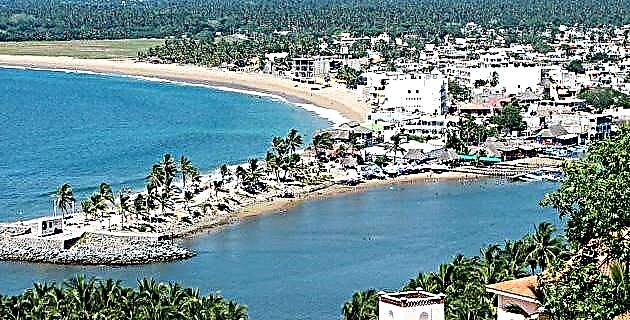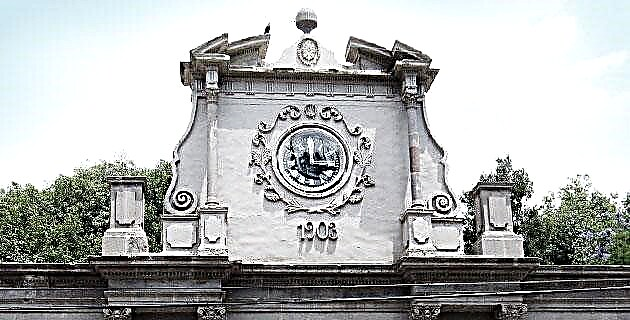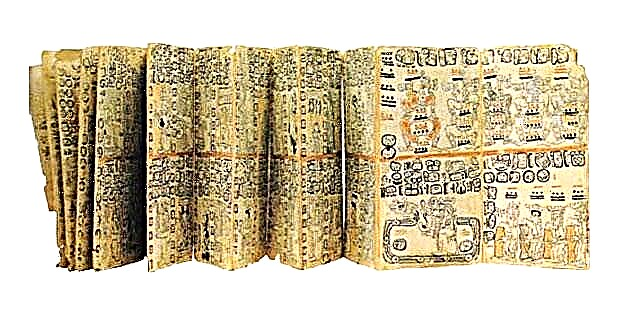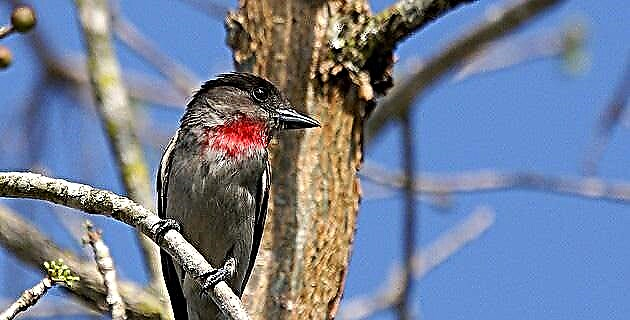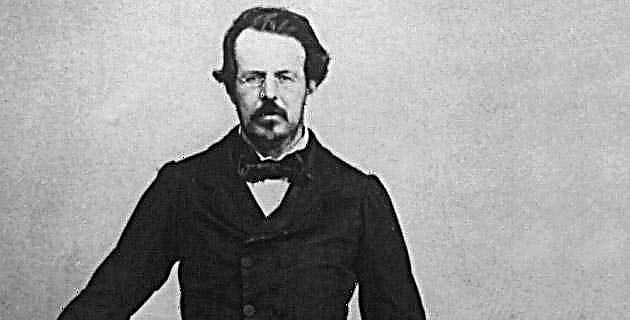
Poet, liberal, journalist, playwright. He was born in Mexico City in 1818, he died in Tacubaya, Mexico City in 1897.
He spent his childhood in the Molino del Rey, next to the Castillo de Chapultepec since his father, José María Prieto Gamboa, managed the mill and the bakery. When he died in 1831, his mother, Mrs. Josefa Pradillo y Estañol lost her mind, leaving the child Guillermo helpless.
In this sad state and very young, he worked as a clerk in a clothing store and later as a meritorious in customs, under the protection of Andrés Quintana Roo.
This is how he was able to enter the Colegio de San Juan de Letrán. Alongside Manuel Tonat Ferer and José María and Juan Lacunza, he participated in the founding of the Lateran Academy, founded in 1836 and also directed by Quintana Roo, which “is due -according to his own words- the determined tendency to Mexicanize Literature".
He was the private secretary of Valentín Gómez Farías and Bustamante, successively.
He began his career as a journalist at the newspaper El Siglo Diez y Nueve, as a theater critic, publishing the column "San Monday", under the pseudonym Fidel. He also collaborated on El Monitor Republicano.
In 1845 he founded with Ignacio Ramírez the satirical newspaper Don Simplicio.
Affiliated from a very young age to the liberal party, he defended ideas with journalism and poetry. He was Minister of Finance - "he took care of the poor man's bread" - in the cabinet of General Mariano Arista from September 14, 1852 to January 5, 1853.
He adhered to the Ayutla Plan, proclaimed on March 1, 1854 for which reason he suffered exile in Cadereyta.
He returned to perform the same portfolio in the government of Juan Alvarez from October 6 to December 6, 1855. He was a deputy 15 times during 20 periods in the Congress of the Union and participated, representing Puebla, in the Constituent Congress of 1856- 57.
For the third time at the head of the Ministry of Finance - from January 21, 1858 to January 2, 1859, he accompanied Benito Juárez in his flight, after the pronouncement of General Félix Zuluoga. In Guadalajara he saved the life of the president by interposing between him and the rifles of the rebel guard where he is supposed to say his famous phrase "the brave do not murder."
He composed the satirical anthem of the liberal armies "Los cangrejos" at whose rhythm González Ortega's troops entered Mexico City in 1861.
He was later Minister of Foreign Relations to President José María Iglesias.
When in 1890 the newspaper La República called a contest to see who was the most popular poet, the scrutiny favored Prieto, accumulating more votes than his two closest opponents, Salvador Díaz Mirón and Juan de Dios Peza.
Declared by Altamirano "the Mexican poet par excellence, the poet of the homeland", from his "observatory of customs", Prieto saw urban landscapes and popular types parade and described them with an astonishing literary mastery and novelty.
In his festive and heroic tone, he was always immersed in politics.
One of his best known poems is "La musea callejera", a true literary treasure, which has been said to rescue the folkloric tradition of Mexico. He inserts the best nineteenth-century Mexican poetry into the literary tradition, with romantic touches and a slight influence from Spanish poetry.
His prose works are as follows:
- Memories of my times, chronicle (1828-1853)
- Travel of the highest order and Travel to the United States
- The Ensign (1840) Dramatic piece
- Alonso de Avila (1840) Dramatic piece
- The scare of Pinganillas (1843)
- Homeland and honor
- The bride of the treasury
- To my father, Monologue.
As an essayist, since he was a professor of political economy and national history at the Military College, he also wrote:
- Indications on the origin, vicissitudes and status of the general income of the Mexican Federation (1850)
- Elementary Lessons in Political Economy (1871-1888)
- Brief introduction to the study of universal history (1888)

